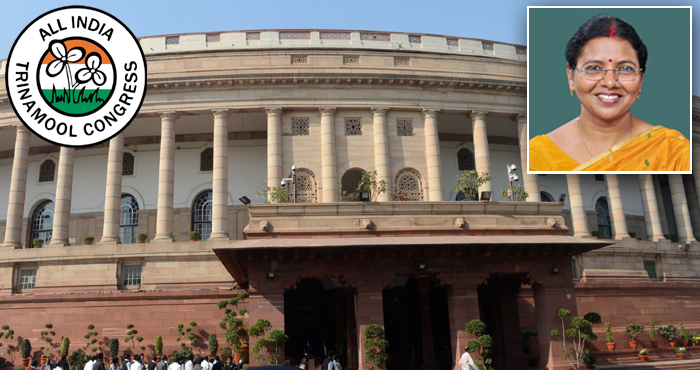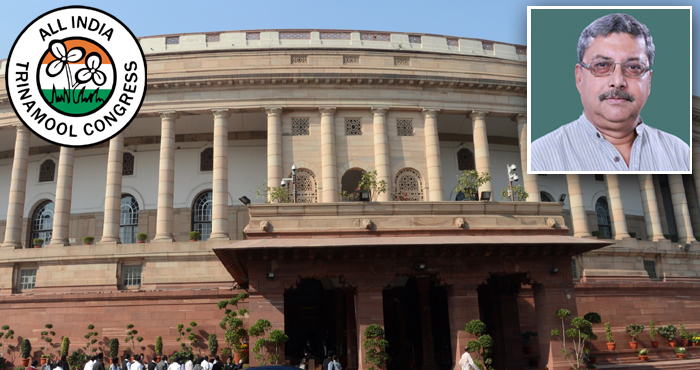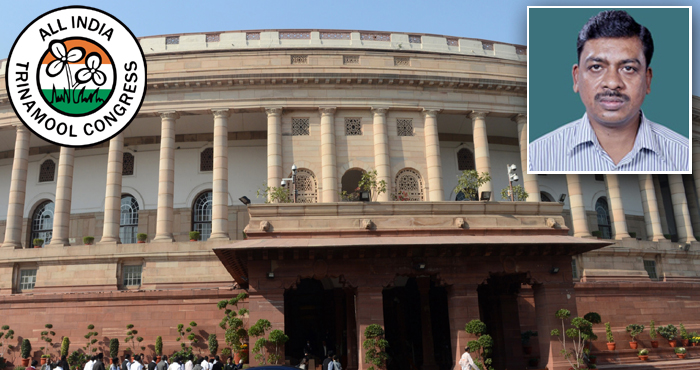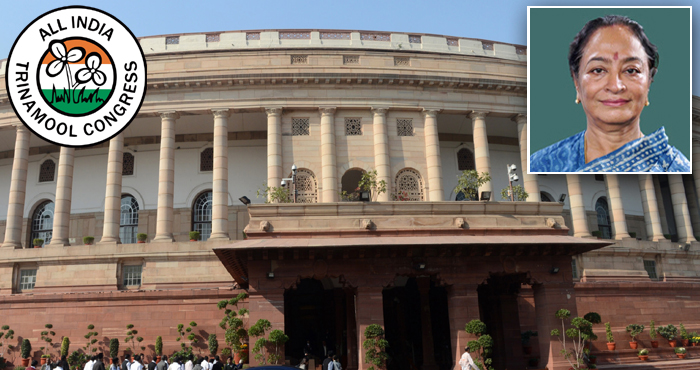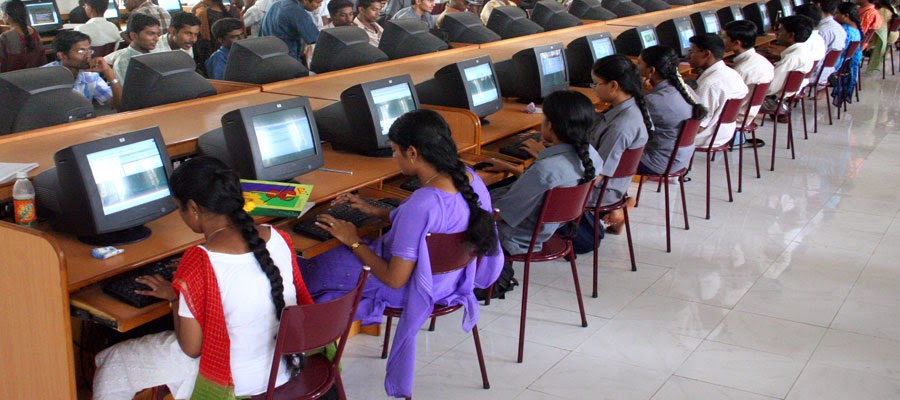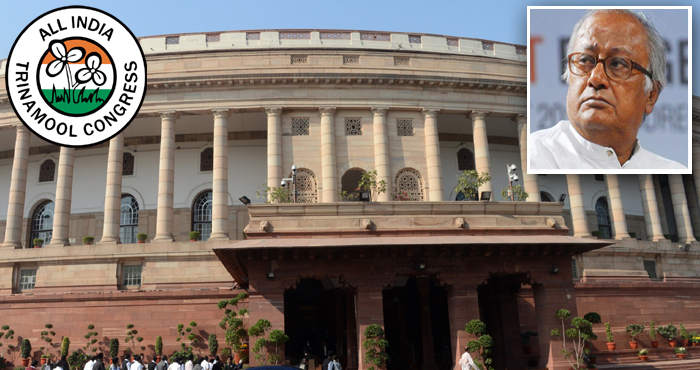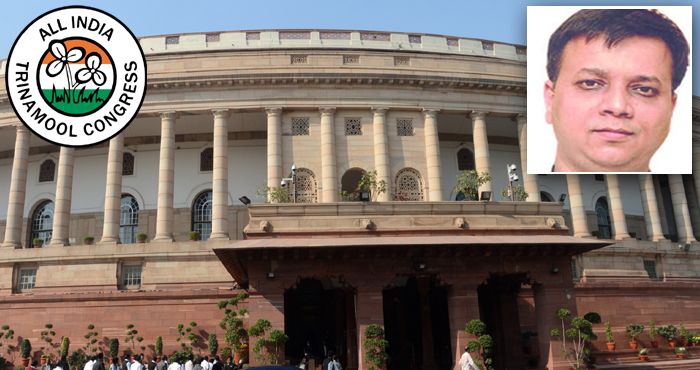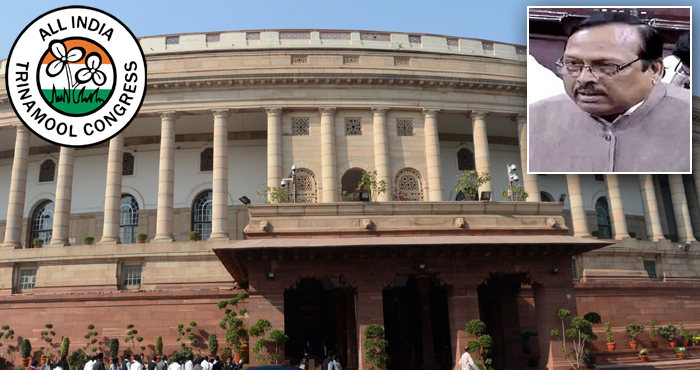Sir, thank you for allowing me to speak on the motion. Prices are linked essentially with economic and monetary policies. So it is in the fitness of things that the Finance Minister is here. But I have never heard, maine kabhi aapka itna kamzor bhashan nahin suna. You are pinning your hopes on good monsoon and as the Finance Minister your are busy rationalising the reasons for increase in the prices of dal. Hopes do not fill empty stomachs. You must offer solutions.
When the prices of petrol came down from 110 dollars per barrel in the global market to 30 dollars per barrel, you had a windfall. But you did not pass on the benefits to the people and instead invested the money on infrastructure.
I want to remind the treasury benches that farmer suicides have become record high during the NDA rule. No tears have been shed by Modi ji for them. He is busy on foreign tours and has no words to spare for the hapless farmers. No word was spoken about the farmer suicides in Maharashtra in the last two years.
The economic policy of this government is based on two pillars: one is the windfall due to global fuel prices and the other is imposition of cess. Their motto seems to be impose cess on everything under the Sun
Sir, I want to mention the reply Ram Vilas Paswan gave in this House on 19 July. He cited the reasons for increasing inflation. He said that rise in the prices of essential items is due to shortfall in production due to adverse weather conditions, increased transportation costs, supply chain constraints like lack of storage facilities, and hoarding and black marketing.
I have another reply by the minister on 10 May. It says, ‘increase in prices of food prices is mainly on account of shortfall in production due to adverse weather conditions, increased transportation costs, supply chain constraints.’ I would request the Minister to ask his officers to at least make some changes while giving answers.
When a similar discussion was held earlier in 2015, the Minister’s final reply was not given. You had just intervened. There was hardly any difference between that intervention and today’s reply by Jaitley ji were indistinguishable. Both are mere apologies.
I want to place a few figures before you today. Prices of gram dal have increased by 53.72% in one year, tur dal – 42.3%, urad dal – 48.33%, sugar – 34.7%, potato – 31.72%, tomato – 43.97%.
This is a precarious situation. Consumer price inflation was 5.77% in June, 5.76% in May. Food inflation was 7.79% in June, 7.47% in May. Inflation in vegetables was 10.77% in May and 14.74% in June. The rural people are the biggest sufferers. Retail inflation in rural areas is 6.2% whereas it is 5.26% in urban areas. Rate of inflation is lowest in Bengal among States.
We are taking several initiatives in Bengal to control rising prices. In Kolkata 30 fair price vegetable shops are being run. Vegetables are being procured directly from farmers at Kisan Mandis. Such Mandis are being set up in every block. We want to see some initiatives from the Centre also. Improve infrastructure to preserve perishable items like fruits and vegetables. This calls for public investment in agriculture infrastructure and attracting private investment. Ninety per cent of public investment in agriculture is made by the States. Center is not making any investment. This is a sad reality. People’s incomes are being squeezed and the middle class and the lower middle classes are falling in great difficulties.
The government talked about hoarding and black marketing. It must be controlled. Essential Commodities Act is under the state jurisdiction and rightly so. But what is the amount of actual recovery?
Value of goods confiscated under the Essential Commodities Act updated up to 31-3-2016 is Rs 72.24 crore. Now total food grain trade in India would be several lakh crores. Rs 72 crore that is recovered in the dishoarding confiscation is miniscule. What is this figure less in States ruled by BJP? Even in a big State like Madhya Pradesh, a big State in India, you have confiscated only Rs 92 lakh.
The Centre must show some empathy to the people of the country who are in great distress and take some concrete steps.
With these words, Sir, I conclude my speech.
Thank you, Sir.

